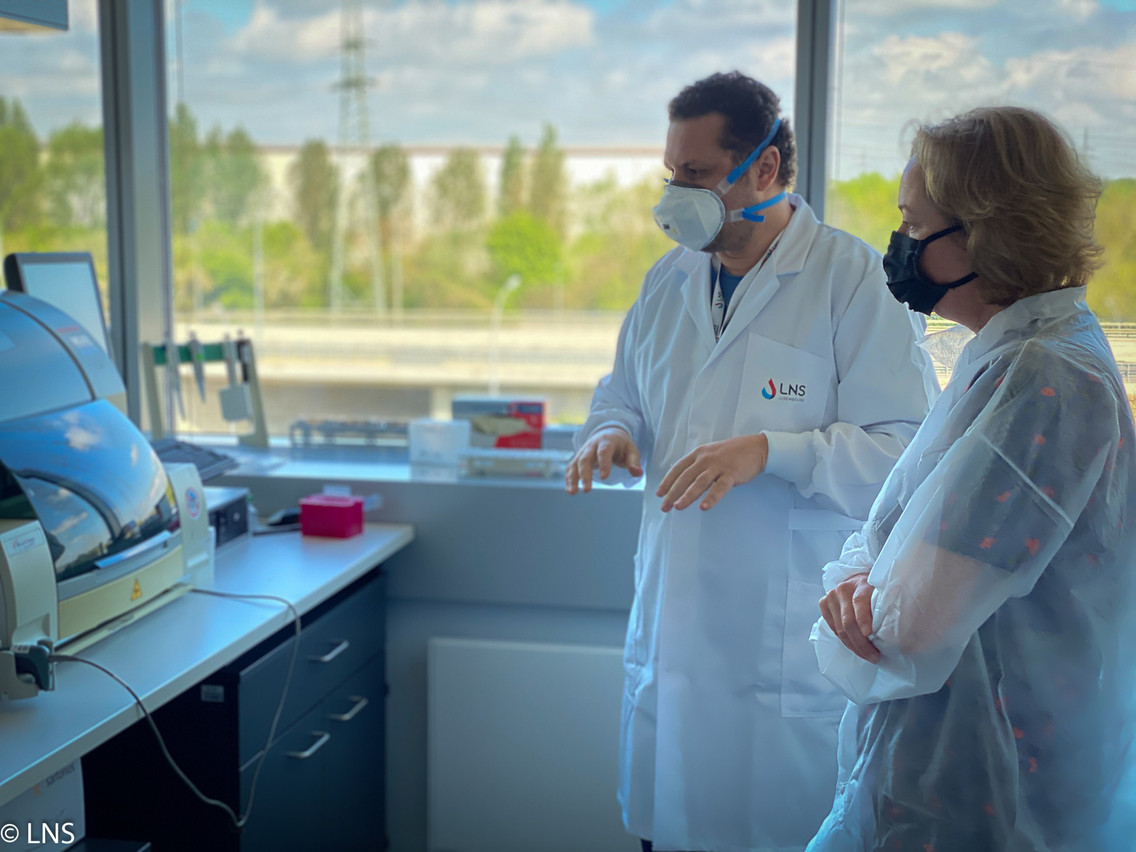The project will see Luxembourg collaborate with Italy, Egypt, Thailand, Switzerland, Japan, El Salvador, South Africa, the United Kingdom, Portugal and Peru and share biological materials via the BioHub under pre-agreed conditions, including biosafety and biosecurity. The Luxembourg national laboratory (LNS) was nominated by the health ministry to represent Luxembourg in the framework of the WHO BioHub initiative.
“The WHO BioHub initiative will provide an excellent resource for the global action plan for pandemic preparedness. We have worked closely with WHO team and our colleagues at Spiez laboratory to test the workflow of submission and reception of SARS-CoV-2 samples in order to set up the standard procedure and it has proven to be efficient and simple. We had already used the system to validate our diagnostic method for detection of Omicron variant in Luxembourg,” said Dr. Tamir Abdelrahman, head of the Luxembourg national laboratory's Microbiology department.
Since the identification of the first SARS-CoV-2 case in Luxembourg, plans were laid down for the establishment of a dedicated microbial biobank to ensure the rapid storage of clinical samples in order to facilitate the rapid characterisation of the virus, either by sequencing or by viral culture. The LNS launched the LuxMicroBiobank in May 2020 in order to accommodate all positive samples of SARS-CoV-2. More than 37,000 samples have been gathered so far.
“The LNS is proud to be the first contributor of COVID-19 samples to the new WHO BioHub. Our ambition to provide top services for the country and its people as the backbone of the health system", said Prof. Dr. Friedrich Mühlschlegel, Director of the LNS.
The WHO BioHub system will collaborate and cooperate with existing scientific networks to build increase the collective knowledge used to combatting public health emergencies. During the first phase of the project, countries will share the biological samples of their citizens for input into WHO's virtual BioHub system. Samples will then be made available for either non-commercial or commercial use.
